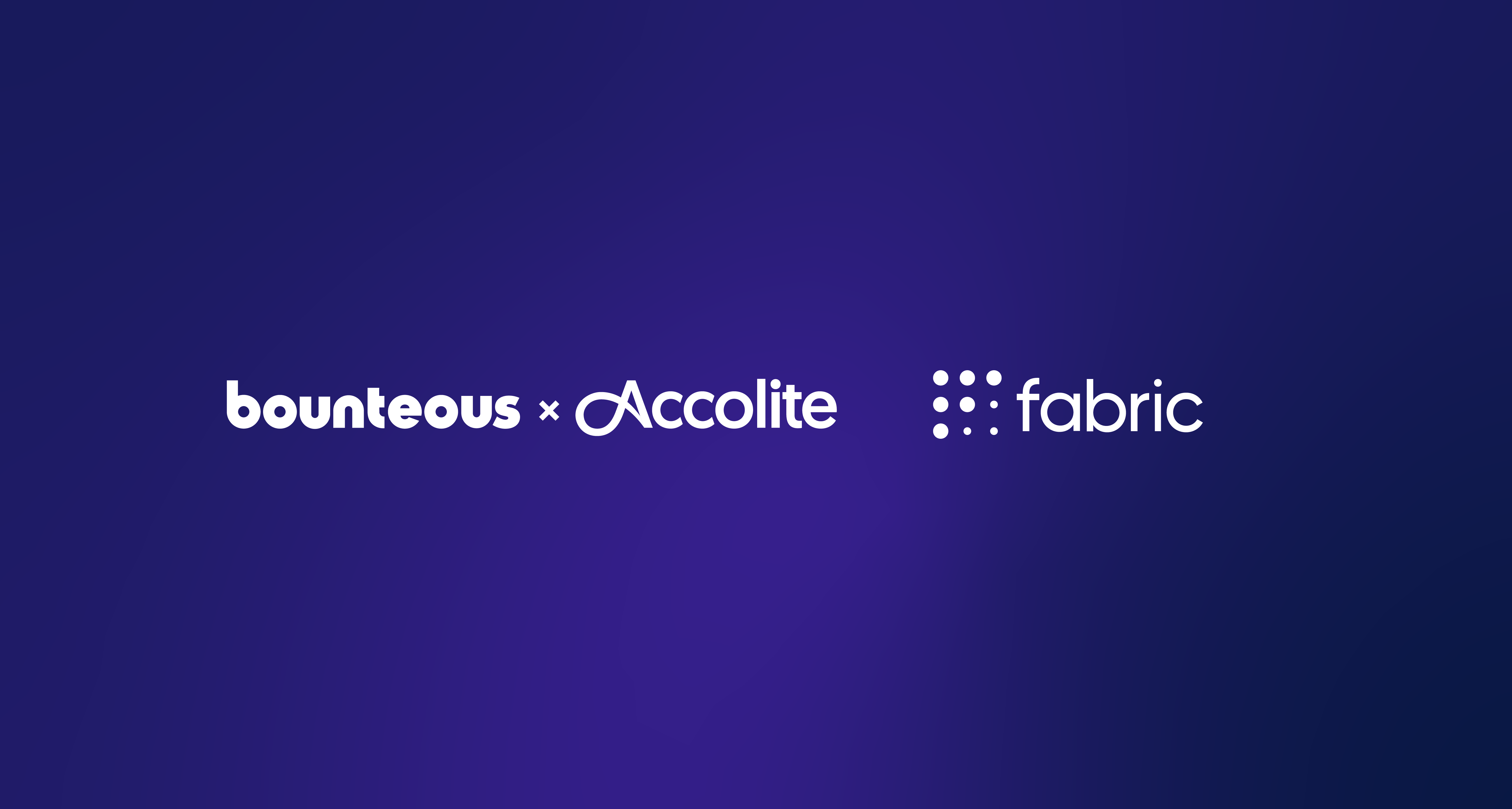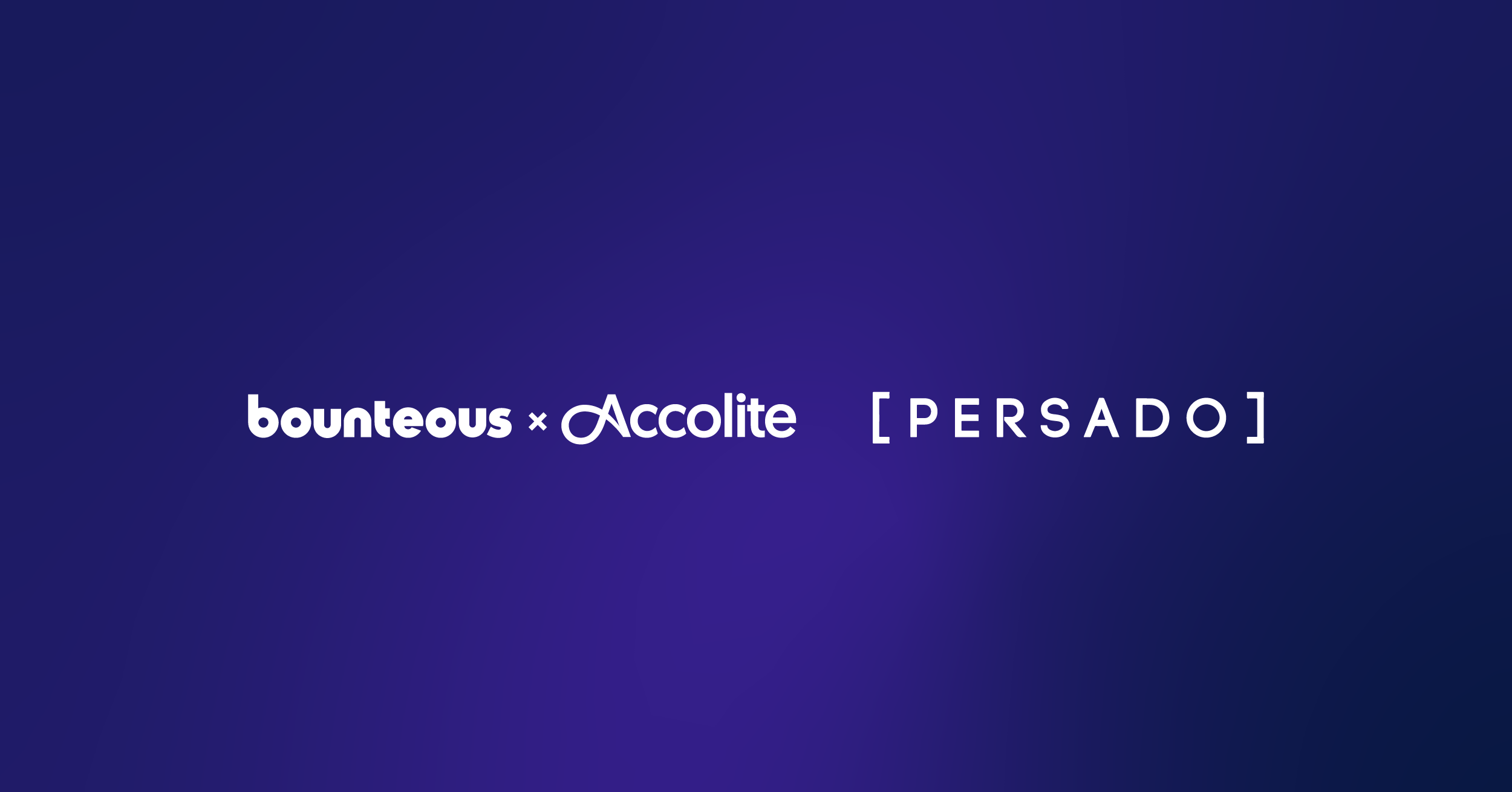SEO Resources For Beginners And Advanced Users ‑ LunaTV Ep. 11 ‑ Search Engine Optimization
This week’s topic is Search Engine Optimization (SEO). In this episode we cover resources for beginner and advanced level SEO’s.
Here’s links to the resources Andrew references:
SEO 101 Guides
The Beginner’s Guide to SEO – http://lunametrics.co/OQqhII
Google’s Starter Guide – http://lunametrics.co/Q4DpQz
Cheat Sheets
Webconfs’ SEO index – http://lunametrics.co/Nw0Hca
Web Developer’s SEO Cheat Sheet – http://lunametrics.co/MG0e6o
Blogs
SEOmoz – http://lunametrics.co/MG0e6o
Search Engine Land – http://lunametrics.co/MG0pif
Transcript:
Travis:
Hi I’m Travis Loncar.
Andrew:
And I’m Andrew Garberson.
Travis:
And you’re watching Luna TV, where we answer your questions from around the web. This week’s topic is search engine optimization, or ‘SEO’. We actually have a great blog that features a lot of search engine optimization related content and a lot of other stuff as well. You can see that it’s linked in the description below.
Andrew:
If you have any other questions visit us at our training seminars, which are held across the country every other month, learn more about that below.
Travis:
So this week’s question, as with many of our questions, comes from Quora. It is, “What are some great resources for learning SEO and other web related stuff?”
Andrew:
It’s a great question because whether you’re dabbling in SEO for the first time or you’re a seasoned guru the key is to keep reading and keep learning. So I’ve broken this category into 3 different topics, each to cover every part of your education. To begin with, start with the SEO 101 guides, to really understand what SEO is about and how to make it work on your site. The best one wants to read by over a million people is on SEOMoz. It’s called the beginner’s guide to SEO and it really it has lots of content and multimedia and really lays it out for someone who doesn’t have much experience with that.
You really can’t talk about SEO without mentioning Google. Google has a great starter guide available for beginners. Bing has been making a lot of commotion lately, but you need to play by Google’s rules because they still dominate search traffic. Their starter guide is definitely worth a look. The next category would be the cheat sheets, and that’s once you have a fundamental foundation of SEO. Keep these on your desk over in corner as references. The first one is really good comes from WebComfs it’s a ‘best practices’ with a list of keywords and its explains why they’re important and then how to use them for SEO. The second one is the Web Developer’s SEO Cheat Sheet which is a nice, concise 2 page PDF, and that’s the one that I kept on my desk for my first year practicing SEO. Lastly, blogs to stay up to date, because really you never SEO, you’re always learning and Search Engine Land is the best one for the day to day updates and the hard news. I think SEOMoz writes the most readable
blog, lots of great multimedia content. And I might be biased, but I think that the LunaMetrics blog isn’t too shabby either, especially from an analytics perspective. So come back and visit us here.
Travis:
So now that Andy’s covered sort of the physical resources that you can use to learn SEO physical resources that you can use to learn SEO. I’d like to talk about another way to learn SEO and that’s by building your own website. So when I first started learning SEO one of the things that I really did to learn was to build my own website. When you’re in SEO a lot of different things come into play, so you can learn the basics of site architecture, which can be helpful from an SEO perspective. You also can familiarize yourself with a lot of different CMS be it WordPress, Joomla, Druple, MODx, things like that, so when you’re working with clients websites you’re comfortable working with those things. You’ll learn basic HTML, maybe a little CSS, a little styling, and that definitely comes into play every day. You’ll be able to install analytics on your own website and sort of observe trends things like that and create your own segments and learn the way analytics works. Then you’ll also be able to familiarize yourself with FTP or File Transfer Protocol. A lot of companies don’t necessarily work with File Transfer Protocol but if you happen to run your own business or if you do a little web design that will help as well. Lastly you can try a lot of different link building tactics. And when you can try these different things you can see what works, what doesn’t and that’ll help you when you become a full-time SEO.
Andrew:
Great, well that wraps up our SEO 101 for today. If you have any comments, please leave them below, or visit us on Twitter @LunaMetrics. Again, we also hold conferences and training seminars every other month. One is coming up in New York and you can learn more about it below. That should wrap us up for this week!
Travis:
We’ll see you next time!
Andrew:
Bye!


